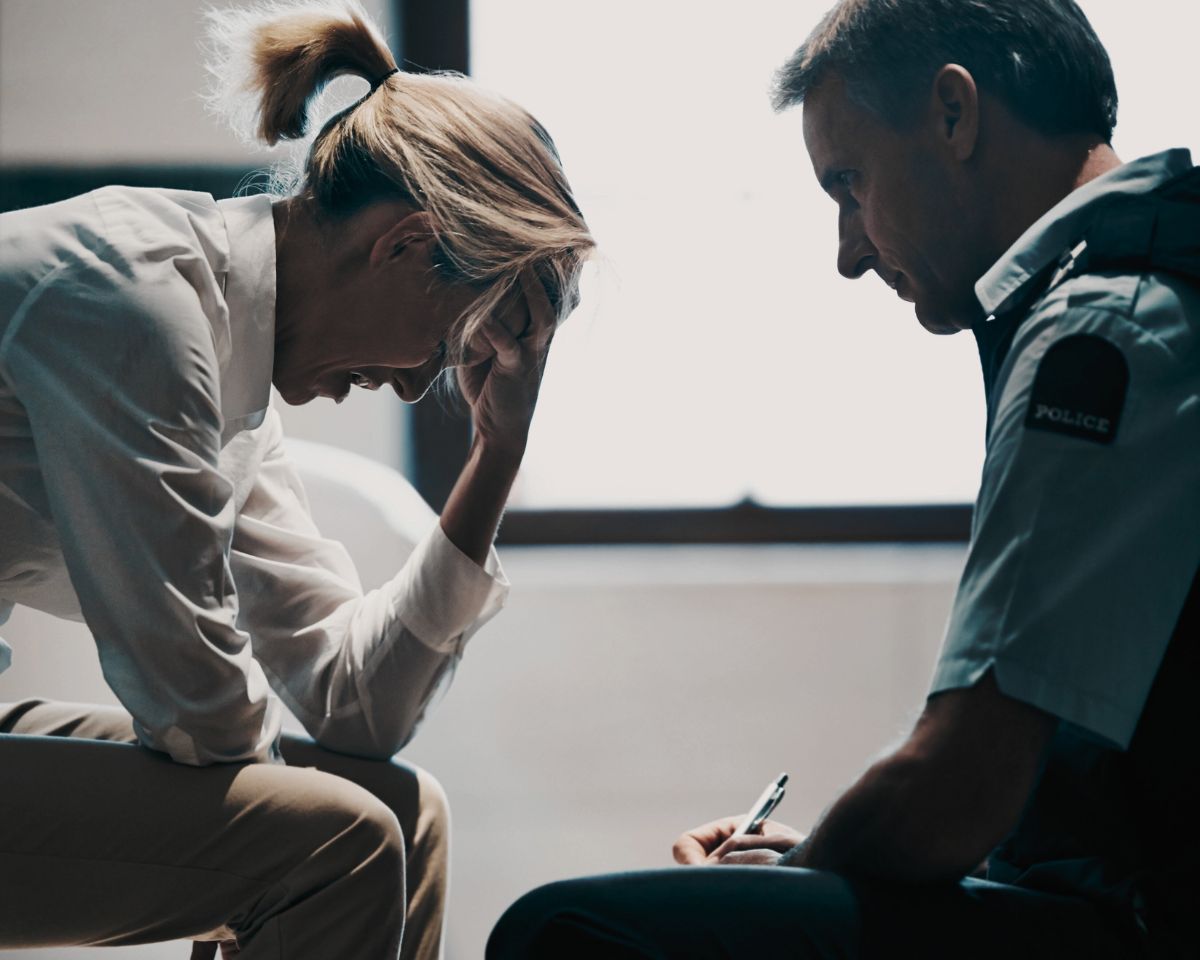Accidents happen. But when an accident results in the tragic loss of life, the legal consequences can be just as devastating as the emotional ones. If you’re wondering whether you can be charged for an accidental death in California, you’re not alone. Many Californians find themselves or their loved ones caught in confusing investigations after a fatal incident that they never intended to cause.
In this article, we’ll break down about accidental homicide in California, including whether you can be charged, what penalties you could face, and how to protect your rights.
What Is Accidental Homicide in California?
“Accidental homicide” isn’t a specific legal term under California law, but it commonly refers to situations where someone unintentionally causes another person’s death. Even without intent to kill, the legal system can still assign criminal liability based on how the death occurred.
California Legal Charges That Can Arise from Accidental Deaths:
Involuntary Manslaughter – Penal Code §192(b)
Vehicular Manslaughter – Penal Code §192(c)
Gross Vehicular Manslaughter While Intoxicated – Penal Code §191.5
Negligent Discharge of a Firearm – Penal Code §246.3
Child Endangerment Leading to Death – Penal Code §273a
Each of these offenses is applied based on the facts, level of negligence, and surrounding circumstances.
Can You Be Charged With a Crime for an Accidental Death in California?
Yes, you can be charged—even if it was an accident. California prosecutors can file charges if they believe your actions were reckless, negligent, or violated laws designed to protect public safety.
Examples of Common Situations That Lead to Charges:
Texting while driving and causing a fatal crash
Mishandling a firearm that discharges accidentally
Leaving a child unattended in a hot vehicle
Letting a dangerous pet roam free
Horseplay or negligent actions involving weapons
Even if the death was unintended, you may be held criminally responsible if your conduct showed a lack of reasonable care or regard for others’ safety.
Types of Charges for Accidental Homicide
1. Involuntary Manslaughter (PC §192(b))
Charged when someone dies due to criminal negligence—conduct that is more than careless, showing disregard for human life.
Example: You leave a loaded gun accessible to children, and one of them is fatally shot.
Penalties:
Up to 4 years in state prison
Up to $10,000 in fines
Possible probation
2. Vehicular Manslaughter (PC §192(c))
This charge applies when you cause a fatal crash while violating traffic laws or driving negligently.
Example: Speeding through a red light and hitting a pedestrian.
Penalties:
Misdemeanor: Up to 1 year in county jail
Felony: 2 to 6 years in state prison
3. Gross Vehicular Manslaughter While Intoxicated (PC §191.5)
This applies when someone dies in a DUI crash and your driving behavior was grossly negligent.
Penalties:
4 to 10 years in state prison
Possible enhancement if you have prior DUI convictions
4. Criminal Negligence Leading to Death
This refers to conduct that goes beyond simple carelessness. It involves reckless actions that any reasonable person would know are likely to cause serious harm or death.
Legal Defenses to Accidental Homicide Charges
Being charged does not mean you’re guilty. At Southwest Legal, we tailor your defense strategy to the facts of your case. Here are common legal defenses we may use:

If your actions were not reckless or negligent, the death may be considered an unavoidable accident—not a crime.

We may show that your actions do not meet the high threshold required for criminal negligence.

Sometimes, another person’s actions are the real cause of death. This can break the chain of causation and absolve you of liability.

If you acted in reasonable self-defense and someone died, you may have a valid legal justification.
What to Do If You’re Being Investigated or Charged
Facing a criminal investigation or charge related to a death can be terrifying. Here’s what you should do immediately:
Do Not Speak to Law Enforcement Without a Lawyer
Police may seem sympathetic, but anything you say can be used against you—even innocent explanations.
Contact a Criminal Defense Attorney Immediately
Time is critical. The sooner we can begin investigating and protecting your rights, the stronger your defense will be.
Avoid Discussing the Case on Social Media
Posts, photos, or even comments can be twisted and used by the prosecution.
Potential Outcomes in Accidental Homicide Cases
Dismissal of charges
Reduction to a lesser offense
Diversion programs or probation instead of jail
Acquittal at trial
Restorative justice or civil resolution instead of incarceration
The key to reaching the best possible outcome is having an experienced defense team in your corner.
Contact Southwest Legal – Trusted Criminal Defense Attorneys
If you or a loved one is facing criminal charges after a tragic accident, you don’t have to go through this alone. At Southwest Legal, we have the experience, skill, and compassion to defend your case and protect your future. Call us today for a free consultations. Available 24/7 to take your call, Aggressive, results-driven defense for serious charges. Don’t let one tragic moment define the rest of your life.
Frequently Asked Questions (FAQs)
Q: Can you go to jail for accidentally killing someone in California?
A: Yes. Depending on the level of negligence involved, you could face misdemeanor or felony charges and up to 10 years or more in prison.
Q: Is accidental homicide the same as manslaughter?
A: Not exactly. Accidental homicide is a general term. If prosecutors believe you acted with criminal negligence, they may charge you with involuntary manslaughter.
Q: What if I was driving and someone died, but it wasn’t my fault?
A: If you weren’t violating any laws and acted reasonably, you may not face criminal charges. Still, it’s important to speak with an attorney immediately.
Q: What’s the difference between ordinary and gross negligence?
A: Ordinary negligence is carelessness. Gross negligence is a severe disregard for the safety of others—and it can lead to criminal charges.





